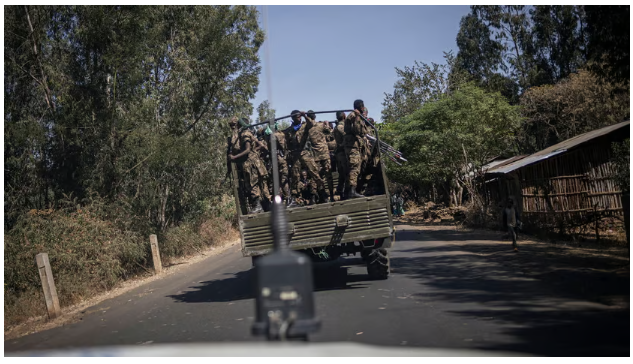
In recent months, growing tensions across parts of Africa have sparked concerns about the potential for new conflicts in a region already dealing with significant political, economic, and social challenges. The stability of the continent’s numerous nations remains vital not only to African citizens but also to the global community, as Africa holds strategic, economic, and humanitarian importance. This article explores the underlying factors contributing to rising tensions in certain regions and examines what’s needed to prevent the next major conflict on the continent.
Political Instability and Power Struggles Several African nations are undergoing transitions in leadership, often against the backdrop of fragile political structures. Coups, disputed elections, and delayed transitions have destabilized countries like Sudan, Mali, and Burkina Faso, creating power vacuums and rival factions. When these factions clash, the results can be deadly, leading to the displacement of thousands and the breakdown of order.
Economic Pressures and Resource Competition Africa’s vast natural resources, including oil, minerals, and fertile land, are both a blessing and a potential curse. Wealth disparities and competition over resources frequently become flashpoints, especially in areas like the Democratic Republic of Congo (DRC) and the Sahel. Economic challenges, including inflation, unemployment, and poverty, exacerbate these tensions, as citizens struggle to meet basic needs and begin to lose faith in government institutions.
Ethnic and Religious Divides Across the continent, diverse ethnic and religious groups have coexisted for centuries. However, political manipulation, land disputes, and social inequities have widened divides. Extremist groups also take advantage of these rifts, radicalizing individuals and igniting sectarian violence. Countries like Nigeria and Ethiopia, where ethnic and religious diversity is high, have witnessed how these tensions can boil over into conflict.
Climate Change and Environmental Stress: Droughts, desertification, and erratic rainfall patterns due to climate change are reshaping African landscapes, reducing agricultural yields, and driving people from their homes. In countries like Somalia and Chad, such environmental stress is a direct contributor to internal displacement and food insecurity, further exacerbating social tensions.
As Africa grapples with these complex challenges, the role of the international community is critical in providing support and fostering peace. Organizations such as the African Union (AU), United Nations, and various NGOs are involved in peacekeeping efforts, diplomatic mediation, and humanitarian aid. However, the international community often faces accusations of overlooking African crises or implementing temporary solutions without addressing root causes.
In addition to immediate aid, the international community should prioritize capacity-building for African governments, helping them develop stronger institutions that are better equipped to handle disputes. Moreover, international bodies must advocate for fair trade policies that empower African economies and reduce dependency on foreign aid. Partnerships that focus on sustainable economic development, climate resilience, and education can help mitigate the conditions that lead to conflict.
Avoiding further conflict in Africa is possible if both local governments and global allies adopt a proactive approach. Investing in youth empowerment, education, and job creation will be essential for reducing unemployment and frustration, particularly among young Africans. Improved governance and anti-corruption initiatives will also play a vital role, helping citizens feel represented and valued by their leaders.
Local reconciliation and peace-building efforts are equally important. Community-based initiatives that promote dialogue between ethnic, religious, and political groups have proven effective in fostering understanding and cohesion. These grassroots movements give people a voice and a platform to resolve grievances before they escalate into violence.
While Africa faces many potential flashpoints, the continent is also home to resilient communities, innovative thinkers, and a rich history of overcoming adversity. It is essential that African leaders, citizens, and the international community unite to address the underlying issues threatening stability and peace. By embracing an inclusive and cooperative approach, Africa can avoid the specter of a new war and instead work towards a future of peace, prosperity, and shared growth.
The path forward requires dedication, resources, and a genuine commitment to uplift the continent. The stakes are high, but with the right measures, Africa’s story can remain one of resilience, growth, and promise.


